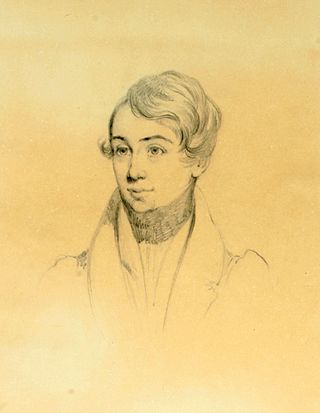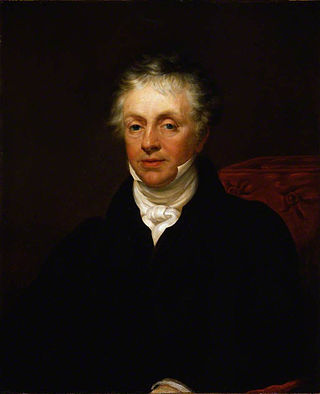
Johann Georg Albrechtsberger was an Austrian composer, organist, and music theorist, and one of the teachers of Ludwig van Beethoven. He was also a friend of Haydn and Mozart.
Martin Agricola was a German composer of Renaissance music and a music theorist.

Paolo Agostino was an Italian composer and organist of the early Baroque era. He was born perhaps at Vallerano, near Viterbo. He studied under Giovanni Bernardino Nanino, according to the dedication in the third and fourth books of his masses. Subsequently, he married Nanino's daughter.

Henry Aldrich was an English theologian, philosopher, architect, and composer.

Luigi Rossi was an Italian Baroque composer. Born in Torremaggiore, a small town near Foggia, in the ancient kingdom of Naples, at an early age he went to Naples where he studied music with the Franco-Flemish composer Jean de Macque, organist of the Santa Casa dell’Annunziata and maestro di cappella to the Spanish viceroy. Rossi later entered the service of the Caetani, dukes of Traetta.

Sir Joseph Barnby was an English composer and conductor.

Giovanni Battista or Giambattista Martini, O.F.M. Conv., also known as Padre Martini, was an Italian Conventual Franciscan friar, who was a leading musician, composer, and music historian of the period and a mentor to Mozart.

William Horsley was an English musician. His compositions were numerous, and include amongst other instrumental pieces three symphonies for full orchestra. More important are his glees, of which he published five books (1801–1807) besides contributing many detached glees and part songs to various collections. His glees include "By Celia's Arbour," "O, Nightingale," and "Now the storm begins to lower", and his hymn tunes Horsley usually set to There is a green hill far away.
John Marbeck, Merbeck or Merbecke was an English choral composer and theological writer whose musical setting of the early Anglican liturgy standardised the sung Anglican service until the late 20th century. He is also known today for his setting of the Mass, Missa Per arma justitiae.
Heinrich Finck was a German composer. He served as Kapellmeister first for Prince Alexander of Lithuania, later King of Poland, before living Poland in 1510. He worked in Stuttgart before becoming a member the Hofkapell.

Thomas Attwood Walmisley was an English composer and organist.

Thomas Attwood was an English composer and organist. Attwood studied under Mozart and he was friendly with Felix Mendelssohn.

Robert Franz Julius Knauth was a German composer, mainly of lieder.
Giovanni Carlo Maria Clari was an Italian musical composer and maestro di cappella (chapel-master) at Pistoia. He was born at Pisa. He gained his initial grounding in musical education from his father, a violinist originally from Rome who was employed in the service of the church of the Cavalieri di S. Stefano in Pisa.

Sethus Calvisius or Setho Calvisio, originally Seth Kalwitz, was a German music theorist, composer, chronologer, astronomer, and teacher of the late Renaissance.

Halfdan Kjerulf was a Norwegian composer.

Herman Emanuel Bemberg Ocampo was a German-Argentine composer.

Johannes Eccard (1553–1611) was a German composer and kapellmeister. He was an early principal conductor at the Berlin court chapel.
Johann Baptist Gänsbacher, Austrian musical composer, was born in 1778 in Sterzing in the County of Tyrol.

ViktorErnst Nessler was an Alsatian composer who worked mainly in Leipzig.














